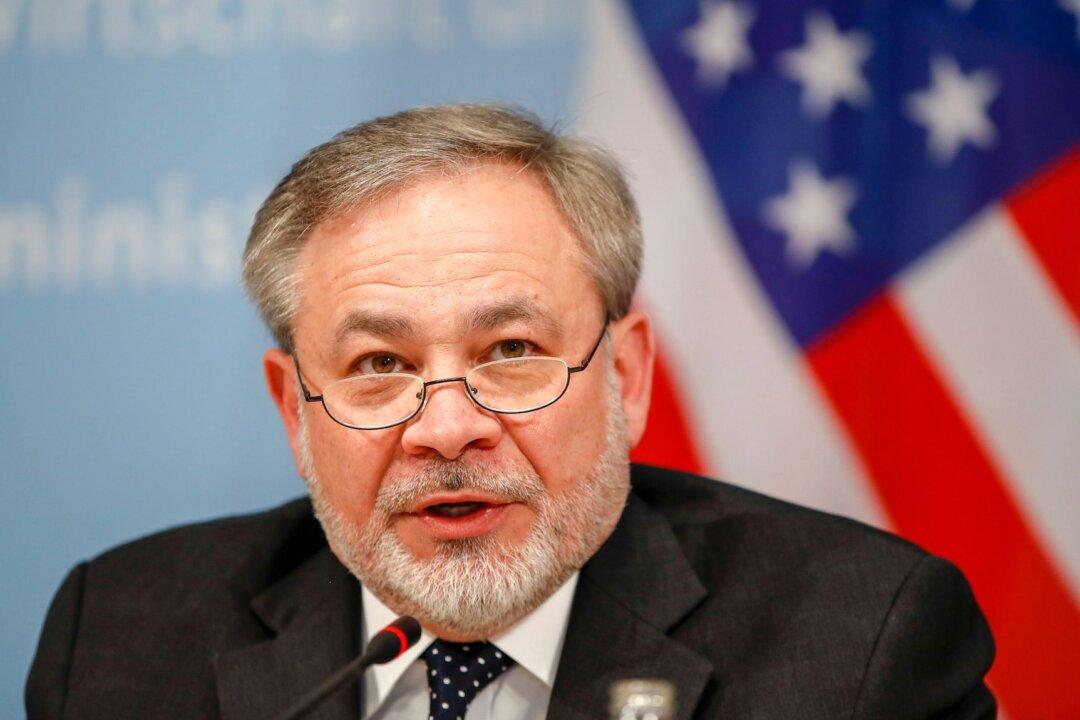Secretary of Energy Dan Brouillette on Dec. 17 issued an order prohibiting electric utilities that supply critical defense facilities from procuring certain power system items from China.
The order takes effect Jan. 16, 2021, and is designed to reduce the risks that entities associated with China pose to the nation’s bulk-power system (BPS), The Department of Energy said in a release.




